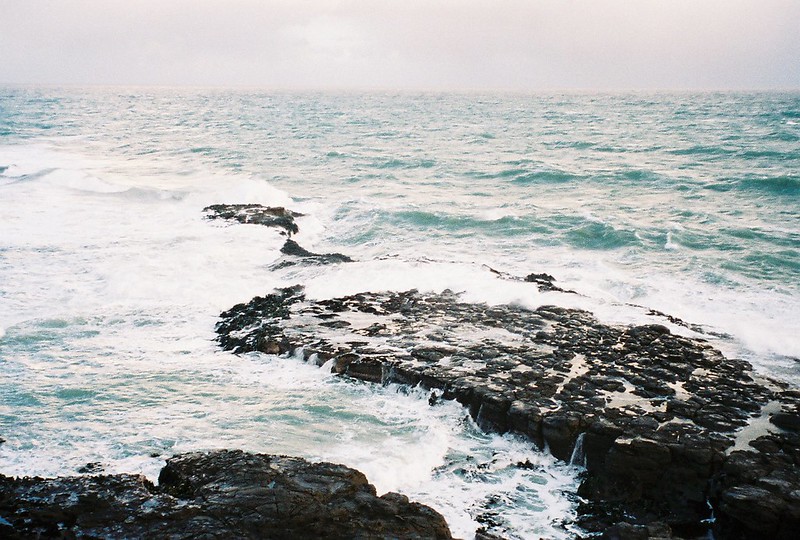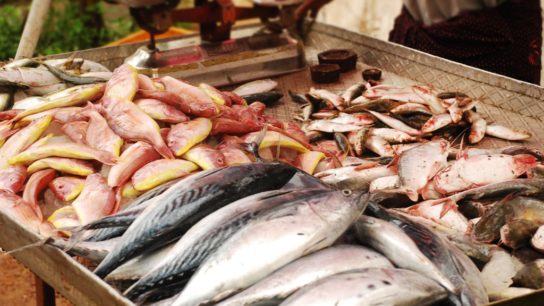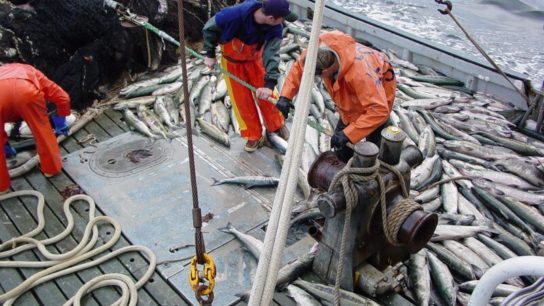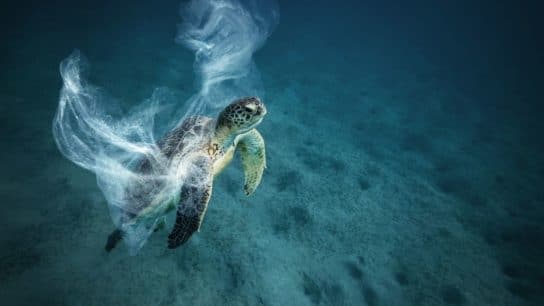Delegates attending the 39th annual meeting of the Commission for the Conservation of Antarctic Living Resources (CCAMLR), which regulates the use and protection of resources in the region, failed to agree on establishing a new marine protected area (MPA) in the Southern Ocean. Discussions have been pushed to next year.
—
In 2002, the commission, consisting of delegates from 25 countries and the EU, agreed to create a series of MPAs but there has been little progress.
What Was Discussed at the Commission?
- Three MPA proposals were put on the table but none were moved forward. The first is to protect three blocks of ocean and ocean floor along East Antarctica, which serves as foraging grounds for penguins. It has been discussed for eight years.
- The second was to create a 1.8 million sq km MPA in an area of the Weddell Sea, which was originally proposed by the EU and then supported by other countries. If established, it would be the largest nature reserve anywhere in the world.
- Finally, Argentina and Chile put forward a proposal to create an MPA to the west of the Antarctic peninsula. Up to 75% of all Antarctic krill is located there, but the area is vulnerable to tourism, fishing activity and global warming.
Countries at the commission agreed on the first Antarctic MPA in 2009, an area of 94 000 sq km below the South Orkney Islands. Then in 2016, they agreed on the world’s largest marine park covering 1.55 million sq km, whose status will need to be renewed after 35 years.
However, little progress has been made since. Establishing a new MPA requires the consensus of all 26 commission members. Further complicating matters is that while some countries want no-take MPAs that ban extractive industries, others want to maintain their fishing rights, mainly China and Russia.
You might also like: The Great Barrier Reef Has Lost Half of its Corals Since 1995
What Happened This Year?
- The meeting was shorter than usual this year and fully online due to COVID-19, which meant less time to negotiate. There were also connectivity issues and the agenda was limited, with MPA discussions classed under “any other business.”
- Most of the time was used to discuss evidence presented by New Zealand that a Russian vessel was fishing illegally in protected waters. A consensus was not reached on whether to add the vessel to the commission’s list of vessels involved in illegal, unregulated and unreported (IUU) fishing, so it was allowed to continue fishing.
- However, Australia and Uruguay signed up to co-sponsor the Weddell Sea MPA, while Norway and Uruguay did the same with the East Antarctica proposal. Most countries also joined a statement endorsing the importance of protected areas, which was put forward by the EU.
What Next?
- Delegates will meet again at the same time next year to continue discussing the proposals put forward for the protection of the Southern Ocean. The meeting will coincide with the 60th anniversary of the Antarctic Treaty, which regulates international relations in Antarctica. Conservationists hope that this fact will spur action to approve the three MPA proposals.
A little over 7.5% of the ocean is currently protected by MPAs, with experts and organisations calling for 30% to be protected by 2030. Antarctica and the Southern Ocean contain 90% of the world’s ice and around 70% of its freshwater. Its currents sustain marine biodiversity around the world, including Antarctic krill who move down from the surface of the ocean, carrying atmospheric carbon away.
Although MPAs do little to fight climate change, they can help ensure that activities such as fishing don’t exacerbate its impacts in the region.
Chris Johnson from WWF says, “we all need to pull together in these difficult times. Climate change and the biodiversity crisis are not going away. Illegal fishing needs to be stamped out. We have the solutions and commitments to protect the Southern Ocean and its iconic wildlife. It’s time we give the world hope.”
Featured image by: Flickr

















